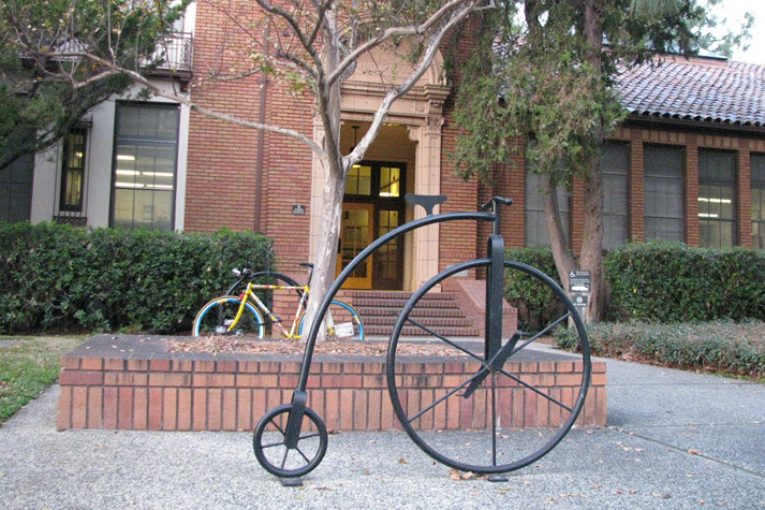

By Aleeza Kahn
DAVIS, CA — The Human Relations Commission met on Thursday, Apr. 28 to discuss the effect of hateful commentary in the media. This discussion was a continuation of a previous meeting in March and was made in response to a request sent earlier in the year.
At the Human Relations Commission November and January meetings, community member Alan Hirsch requested that the commission discuss the effect of hateful commentary in the media. In response, the commission agreed to have the Anti-Hate subcommittee review the issue and prepare a discussion in March.
During the March meeting, Commissioner Edgar Wong-Chen explained, “There are things that are happening in our society that we may see as offensive and egregious. We want to do things proactively and I think the challenge we faced was that we’ve brought up a topic—how do we act on it? What are very specific steps that we could actually take that would be able to help address these particular issues?”
At the most recent discussion on this topic, the Human Relations Commission came together to “discuss stories and news headlines as portrayed by various media outlets and how they may lead to the stress that many are already under,” according to Human Relations Chair NJ Mvondo.
The conversation began with commissioner Connor Gorman imploring the commission to move in the direction of thinking about larger structures and institutions in the context of hate and bias.
“Some big things that we could discuss are all the different forms of bias and hate including the implicit and structural ones, and what is the role of the commission in addressing these things,” said Gorman.
Wong-Chen described two pathways for the commission to take—one focusing on creating and expanding the definition of a hate crime, and another focusing on bringing “a service to the town and addressing the immediate needs or preemptively addressing what may be coming down the pipeline with all the perceivable culture wars that are amiss right now.”
Following Gorman’s prompt, Mvondo proposed making resources for communities affected by bias and oppression more readily available on the commission’s website and Facebook page. “[For example], our public library has anti-Asian hate resources. That is something we could share on the Facebook page to remind people.”
Commissioner Angela Wilson added, “It might be a good idea to have a link on our website that links to the police department for the reporting of hate crimes and how they define it and what laws are applicable.”
However, Gorman contested this idea, saying, “I am a bit uncomfortable putting a link to the police department on our website. I understand that with hate crimes specifically, they are the department that currently handles them because we have not restructured things in a way that takes that away from policing. Nonetheless, policing has a lot of issues in perpetuating oppression in a lot of cases.”
Instead, he suggested that along with a link to the police department, the commission could include a “disclaimer that mentions that [the police department] is the department that currently handles these things but nonetheless we recognize that there are issues with policing.”
As for his initial discussion regarding discrimination in the context of instutions, Gorman added, “the definition of a hate crime is an important thing to discuss. We need to address hate crimes and our definition should be broader than it is. We should also think about those things that are not considered hate crimes that are just considered part of the fabric of our society…And I think this is true in the media but also true throughout culture and institutions. The way that things are structured, there is a lot of oppression and different forms of harm that are embedded in the way that we are thought to think.”
Gorman continued to propose starting political education projects about discrimination in larger institutions to go along with statements, posts, and education about hate crimes and explicit instances of harm and bias.
Kate Snow, an ex-officio member from the Davis Joint Unified School District, introduced the commission to “Not in Our Town,” a Montana-based organization that formed in response to attacks on Jewish families in Billings, MT.
“The town came together to say ‘we don’t want this in our town’,” said Snow. “We could take inspiration from this organization.”
Mvondo made a note for the Anti-Hate subcommittee to do further research into “Not in Our Town” and discuss how to implement similar programs in Davis.
Thursday’s discussion ended with a promise to continue the conversation at future meetings with the Human Relations Commission.
“I suggest that we continue to dive deeper into this topic with the goal to come with action steps that are very clearly defined and that we will then be able to implement,” concluded Mvondo.
